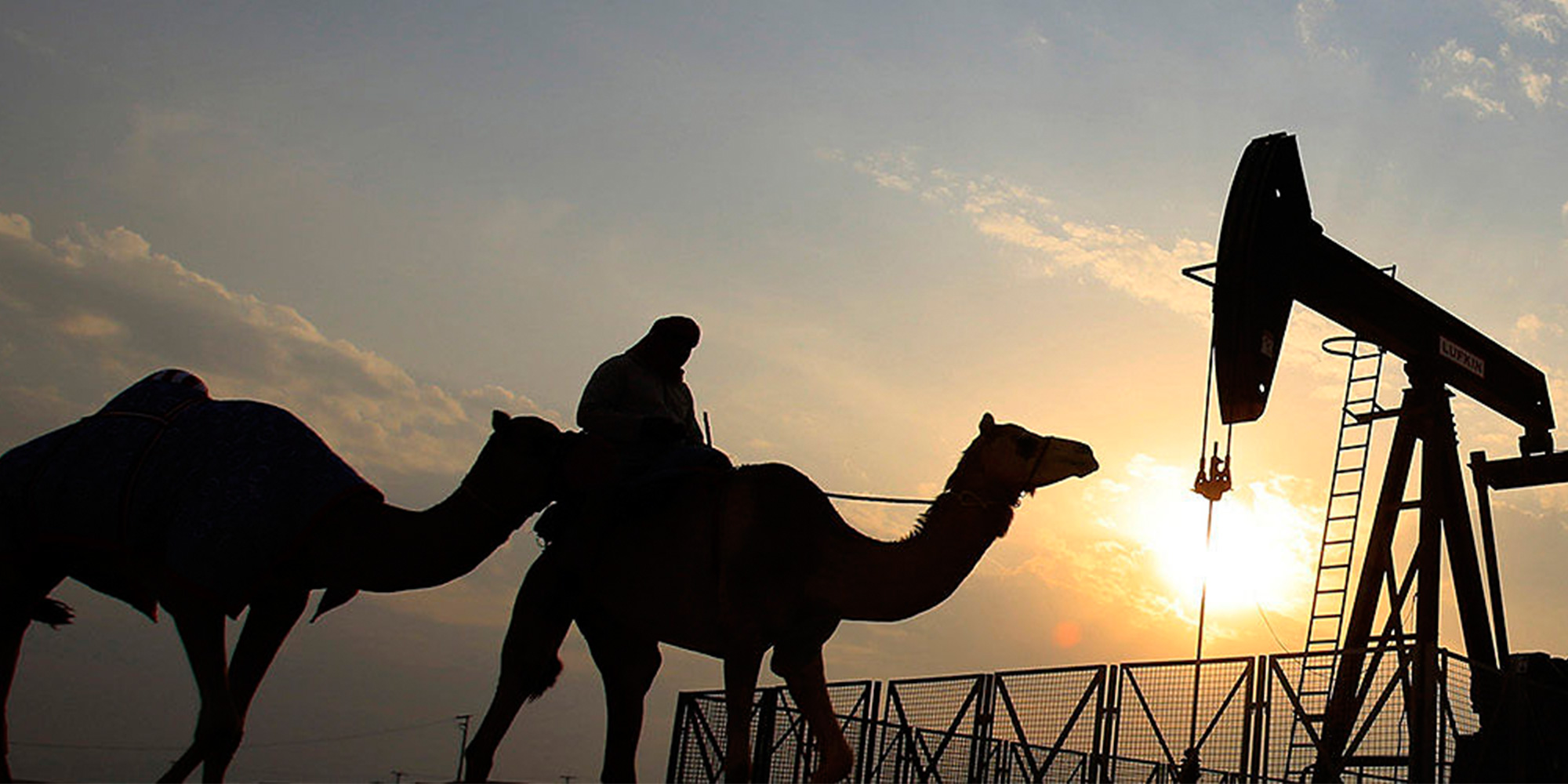The war in Ukraine and its impact on energy in the Middle East

With the war in Ukraine, many of the world’s major energy importers are now seeking to break free from Russian supplies, triggering a global energy crisis.
This crisis is having major repercussions in the Middle East, a major source of oil and gas on world markets. The energy shock poses challenges for wealthy countries seeking to move away from their reliance on oil and gas resources, as well as struggling economies that depend on imported energy. For the region’s energy exporters, the crisis – at least temporarily – brings significant economic gains and political leverage.
The war in Ukraine has added further pressure to a struggling post-pandemic global economy facing an energy crisis with sky-high energy prices and an unprecedented energy supply shock. At the same time, the political urgency to diversify and reduce reliance on Russia has the potential to seriously impact and even derail plans to transition to renewable and green energy. Uncertainties about the future of energy, coupled with political crises and pressing social needs, can trigger political decisions that seem necessary here and now, but with serious long-term consequences. With energy security now a priority, a major concern is that recent developments are setting back the fight to contain climate change and global warming.
From a European perspective, the situation has renewed attention on sources of diversification, in particular gas resources in the Middle East and Eastern Mediterranean. What role could the region’s energy potential play in this new reality of crisis? These resources could help reduce dependence on Russian gas; yet they are at odds with the EU’s insistence on reducing gas consumption in Europe as well as resistance against large-scale investments in new fossil fuel projects that will delay the transition to clean energy. Nevertheless, on a global scale, there will be a need for oil and natural gas for a few decades. What contribution could the reserves of the Middle East make? Be that as it may, it would seem that the Middle East would retain its relevance, in the short term, as an alternative source of supply, particularly of gas, even if renewable intermittency remains an issue. In the longer term, the question is how to transform the role of the region to serve as a facilitator of an accelerated energy transition, including renewable energies, as well as hydrogen.
For Russia, an instrumentalization of energy export was a key part of its grand design for the war in Ukraine. While the military strategy has not worked as expected, the energy program has, although many key players in Moscow, including the government, may not have been properly briefed on President Putin’s plans. Management made two basic assumptions. First, Europe’s dependence on Russian oil and gas supplies would weaken EU support for Ukraine. Second, that Middle Eastern oil and gas suppliers would not increase production to compensate for possible cuts in Russian supplies. While Western sanctions have proven to be far more punitive than the Kremlin expected, the United States has found it far more difficult to advance its proposed oil embargo and gas import cuts.
Two major fossil fuel exporters, Saudi Arabia and the United Arab Emirates, have shown little willingness to increase production in response to US demands (particularly due to the parallel effort to rush the nuclear deal Iran, the JCPOA), and the Biden administration resorted instead to the release of US strategic oil reserves. Oil and gas states in the Middle East have two concerns in particular as they assess the impact of the war in Ukraine. One issue is Russia’s ability to project power in the region and support the intervention in Syria, which will be reduced due to the huge expenditure on energy resources in Ukraine. A second issue is the extent to which Russia’s ability to maintain oil and gas production is affected by sanctions and the withdrawal of major service companies from its energy sector. For Saudi Arabia and the United Arab Emirates, which have expanded their cooperation with Russia in recent years, a prolonged sanctions regime against Russia is a challenge.